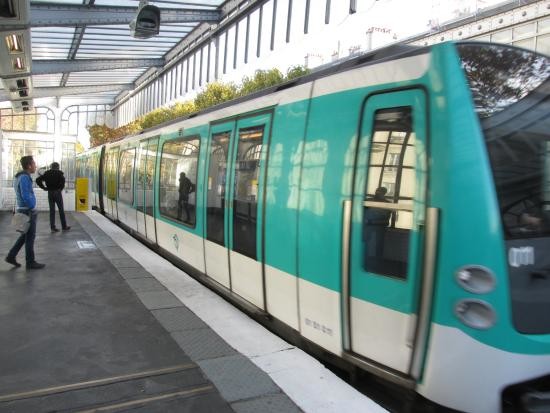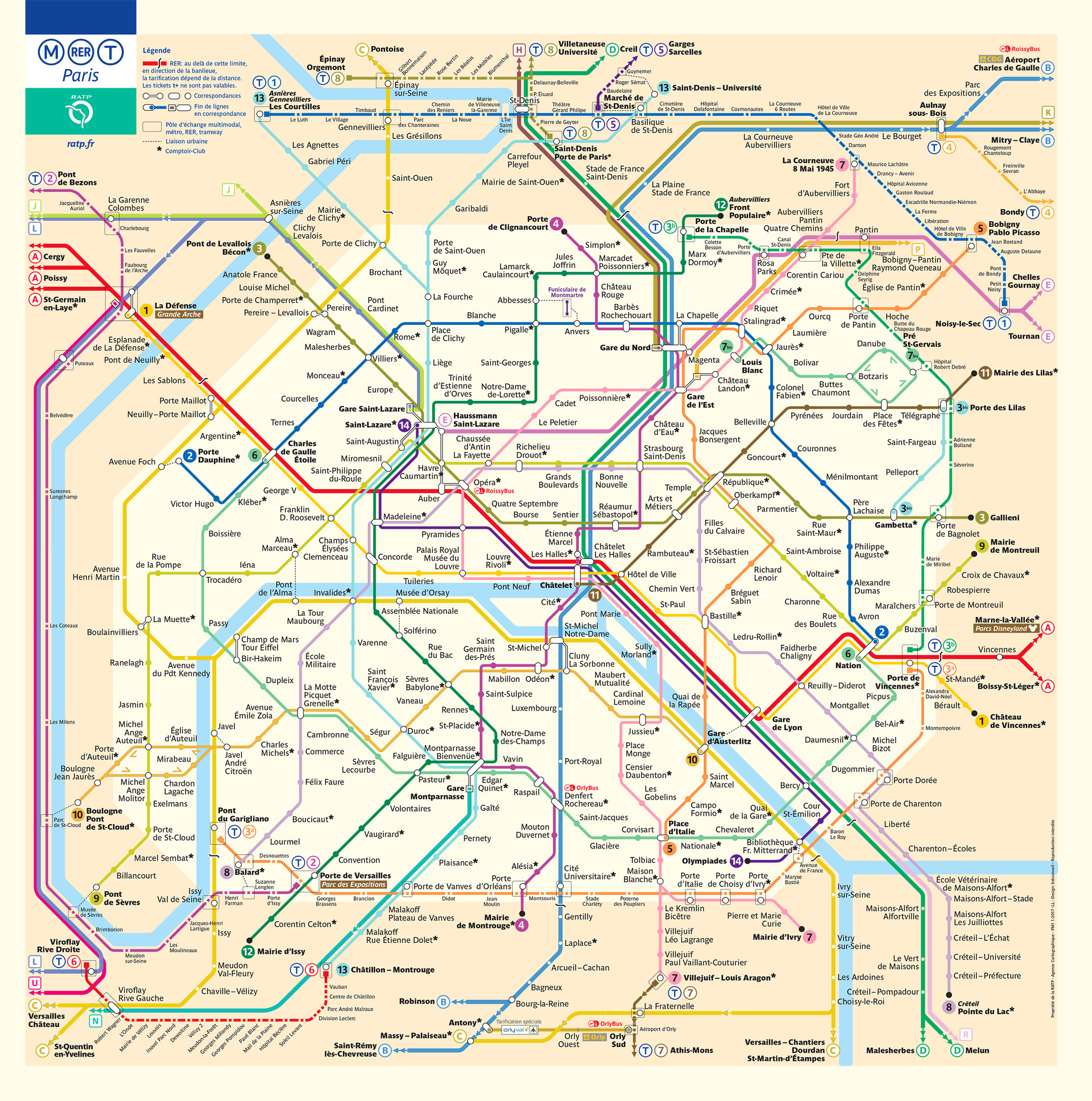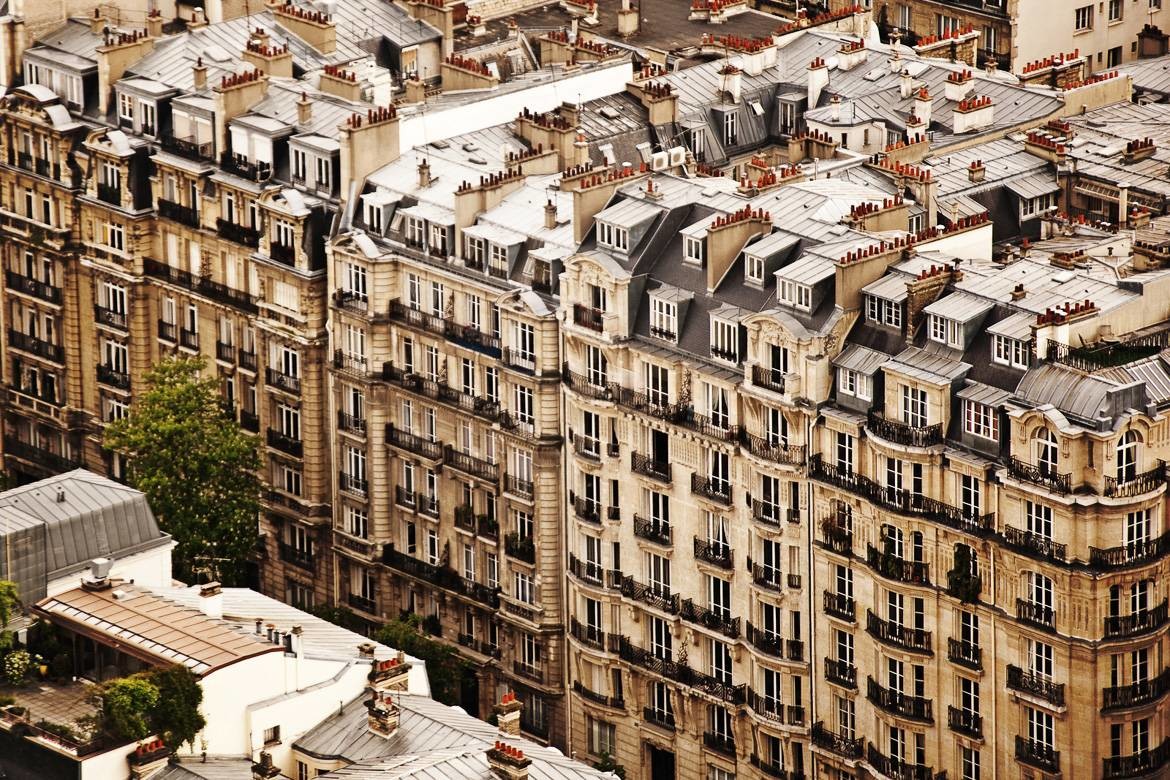Tips for living in Ile de France
Living in Paris
The French culture and practices are unique in many ways. Therefore, it can take time for some expats to fit-in. However, a collection of some tips useful day to day can simplify life.
Read below in case you wish to know how different things go about in the Ile de France region, which includes the city of Paris and its adjacent towns.
Modes of Transport
There are several options for traveling in the Paris region.
Transportation by trains
The Paris region train system can be broadly divided into two major categories. The trains running within Paris, zone 1, are referred to as Metro. There are 14 metro lines in Paris. By area, Paris is not a big city and therefore, 14 metro lines means that the connectivity is great. The metro lines may differ on frequency of trains, volume of passengers and appearance. The M1 (metro line 1), for example, runs automatic transit system, meaning that the trains are driverless.
Connecting Paris to the other towns of Ile de France are the RER lines. There are 5 RER lines- RER A, B, C, D and E. The RERs have a lower frequency of trains than metros, in general. The waiting time for the trains at many stations can be 10 minutes during the day and more than 30 minutes during the night (after 10). Therefore, if possible, before deciding about an accommodation, try to find out practical information about the nearest gare (train station).
Other modes of transport
There are 8 Tram lines connecting the region, with line 3 having 2 sub-lines T3a and T3b. There are also 6 Transilien train lines which you might never have to use (or see) in your life. They are useful to people living in very specific locations as they are destined for 2 stations with some other stations on the way.
Buses play a pivotal role in the Paris region's transport system. Despite great connectivity by trains and trams, there are some connections made shorter by the bus routes. There are a number of buses labeled by their numbers and the frequency is not too bad considering the lower rush. On an average, buses arrive in intervals of 15-30 minutes depending on the time of the day.
Costs incurred
The cost of a monthly Navigo pass stands at 73 Euros and is valid till the end of the month instead of for 30 days from the day of recharge. So, if you are recharging on the 15th, you can use it only till the end of that month, not till the 15th of the next month. In this case, it might be a better idea to go for tickets. Individual tickets are costlier than booklets of tickets. The smallest ticket booklet comprises of 10 tickets and is priced at 14. 50 Euros. These ticket prices are for traveling within zone 1 (Paris). Tickets can get more than 10 Euros per ticket for going to a town outside Paris in Ile de France to another town in Ile de France, on a route via Paris. While a weekly Navigo pass is also available, the monthly recharge can be done for specific combinations of zones (not all combinations). For students, a yearly pass that has to be paid for in advance, leads to an effective monthly Navigo cost of less than 20 Euros.
Importance of the French language
A fairly high number of expats become good at French soon or learn the basics before their arrival. However, for those who do not encounter French speaking people and hence take longer to learn the language, there are some words and phrases that will be useful. Apart from greeting with Bonjour etc., knowing a few words, for example about how to ask for directions, could be very important at times.
The importance of the language beyond these tasks depends on the purpose of your stay in France and the number of French speaking people you must deal with on a daily basis. Then, as it is always good to know & learn more cultures, it would be great to keep learning French.
Food and wine
I am not one bit knowledgeable about wine, but yes I can give some tips about (non-meaty) foods. Baguette and cheese is a very common combination in France. There are many pretty amazing things in the sweet category- like crepes, macarons, madeleines and the Opera cake.
Paperwork
It is preferred in France to do administrative tasks by paper. Therefore, organize your papers well and think thrice before deciding which ones are redundant. For example, expats who graduated in France 2 years ago can be asked for OFII stamp's copies from the time when they were students. Be it banks, offices, government buildings or something else, papers are a must and since there are so many papers, sometimes they do not reach their destination. As a result, keep the originals with you as you might be asked to send the same documents again.
Finding an Accommodation
There are plenty of options to get accommodation in Paris. Admittedly, accommodation is costly in Paris. In fact, a major chunk of your expenditure in this costliest city of the world will go into paying your house bills. However, if you plan ahead and do a lot of research, you can find nice places with reasonable rents. It is advisable to not make any payment directly to an individual before signing an official contract or before visiting the house and analyzing things. On an average, monthly expenditure in Paris is around 1100 Euros.
Tourism
There are plenty of great places to visit in Paris and the Paris region:
- Eiffel Tower
- Louvre
- Montmartre
- Luxembourg Gardens
- Saint Michel Notre Dame
- Sainte-Chapelle
- Pantheon
- Champs-Elysees
- Disneyland
- Parc-de Sceaux
- Les Invalides
- Arc de triomphe
to name a few.
Therefore, do not miss the opportunity to know these places while you are in Paris. To read tips for living in France from an additional professional point of view along with the personal point of view, you can find some infographics here in the post titled "Living in France".
Photo gallery
Content available in other languages
- Français: Conseils pour vivre en Île-de-France
- Español: Consejos para vivir en la Isla de Francia
- Polski: Wskazówki dla mieszkających w Ile-de-France
- Italiano: Consigli per vivere in Ile de France
Want to have your own Erasmus blog?
If you are experiencing living abroad, you're an avid traveller or want to promote the city where you live... create your own blog and share your adventures!
I want to create my Erasmus blog! →























Comments (0 comments)